Marine Science
Anemones rely on epigenetics during symbiosis
Epigenetic mechanisms adjust gene expression in anemone symbiosis.
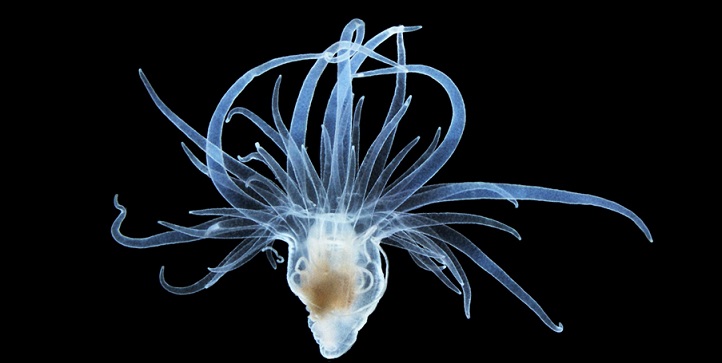
Anemones use epigenetic mechanisms to regulate the expression of genes involved in their symbiosis with photosynthetic algae, according to new research from KAUST. The same mechanisms may help them respond to environmental stress and could be harnessed to improve the resilience of anemones and corals to the challenges posed by climate change.
A team at KAUST have sequenced anemone genomes using a technique that detects DNA methylation, a chemical tag attached to DNA that affects gene expression without altering the genetic sequence. They found that nearly 40 percent of anemone genes were methylated and that the methylation level of a gene correlated with its expression level.
They also noticed that methylation was more common at the beginning of genes and decreased along their length. This led to the hypothesis that methylation might serve to reduce the production of partial gene transcripts, which can interfere with the gene’s activity, a process known as spurious transcription. Further analysis confirmed this hypothesis, in keeping with earlier findings in mice.
By comparing sequences from anemones with and without symbiotic algae, the team identified roughly 2,000 genes that had different methylation patterns in response to symbiosis. Many of these genes were involved in the establishment, the maintenance and the breakdown of symbiosis, including genes involved in recognition, engulfment of symbionts and nutrient exchange.
These findings show that methylation acts alongside gene expression in the cellular changes involved in symbiosis in anemones and corals. “While we’ve been specifically looking at the changes involved in response to symbiosis, it can be assumed that the same process can also respond to environmental changes,” says Manuel Aranda, who led the study.
Earlier in 2018, the team published a study showing that exposure to acidified seawater leads to methylation changes in corals, which are closely related to anemones. “Our work implicates DNA methylation as a mechanism involved in acclimation in cnidarians, providing a mechanism to optimize the expression of genes in response to changing transcriptional needs,” says Aranda.
Next, the team plans to investigate how DNA methylation changes in response to temperature stress and whether these epigenetic changes are inherited. They will also design long-term experiments to determine how long the acclimation lasts.
Depending on the outcome of these experiments, it might be possible to raise tough corals that are able to cope with rising sea temperatures. “In a nutshell, we could train corals in nurseries to improve their thermal resilience before planting them out in the reefs,” says Aranda.
New research shows that anemones use epigenetic mechanisms to regulate the expression of genes involved in their symbiosis with photosynthetic algae, which may help in the search for management strategies for a changing climate.
© 2018 KAUST
References
-
Li, Y., Liew, Y.J., Cui, G., Cziesielski, M., Zahran, N.., Michell, C.T., Voolstra, C.R. & Aranda, M. DNA methylation regulates transcriptional homeostasis of algal endosymbiosis in the coral model Aiptasia. Science Advances 4, eaat2142 (2018).| article
You might also like
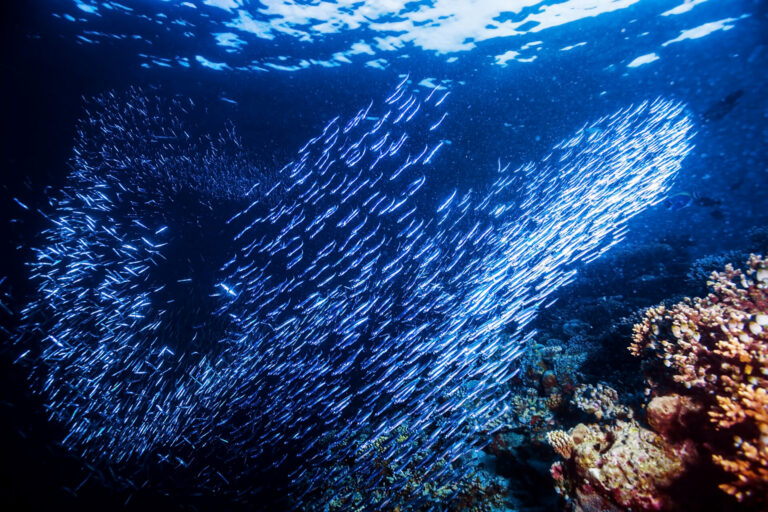
Marine Science
Potential gains from replenishing reef fish stocks revealed
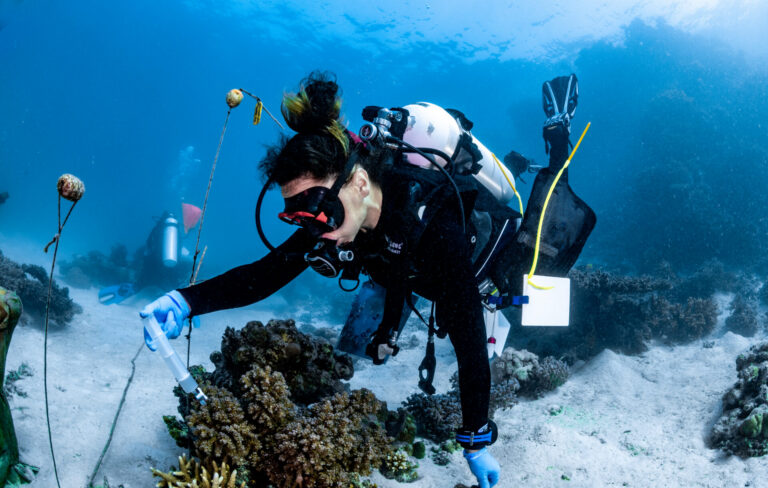
Marine Science
A place to trial hope for global reef restoration
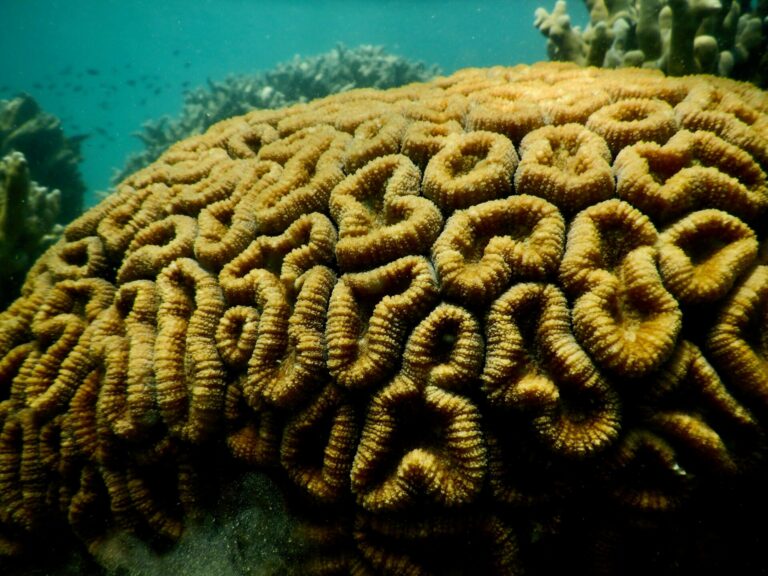
Marine Science
Reef-building coral shows signs of enhanced heat tolerance
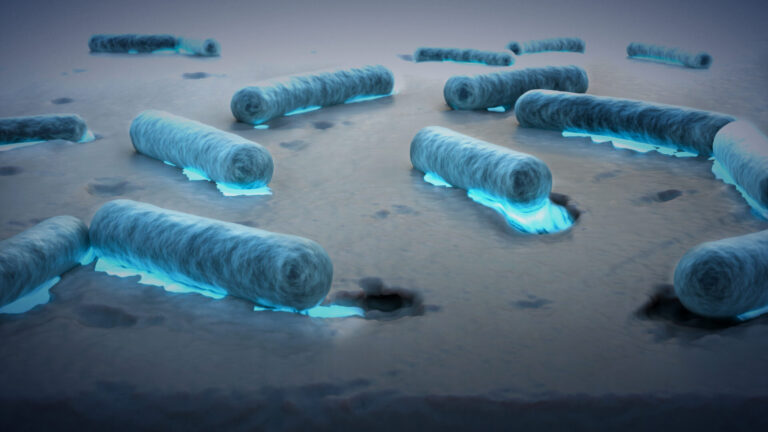
Marine Science
Plastic-munching bacteria found across the seven seas
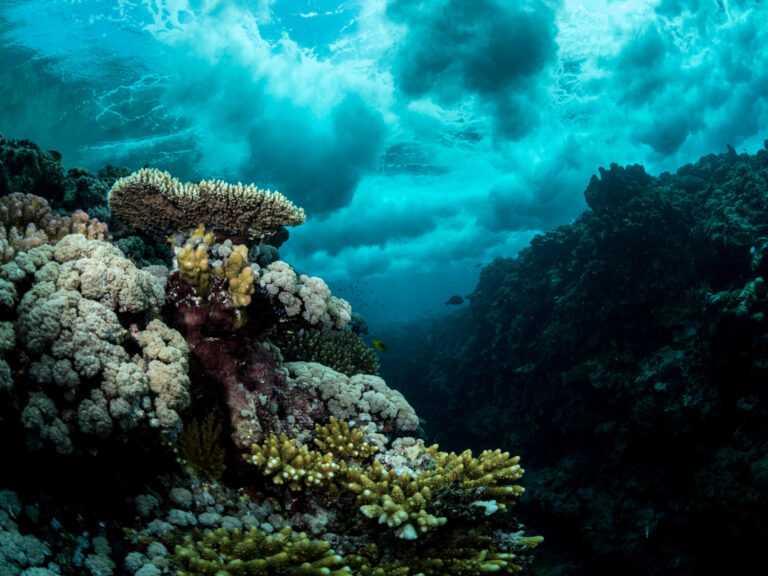
Marine Science
AI reveals the universal beauty of coral reef growth
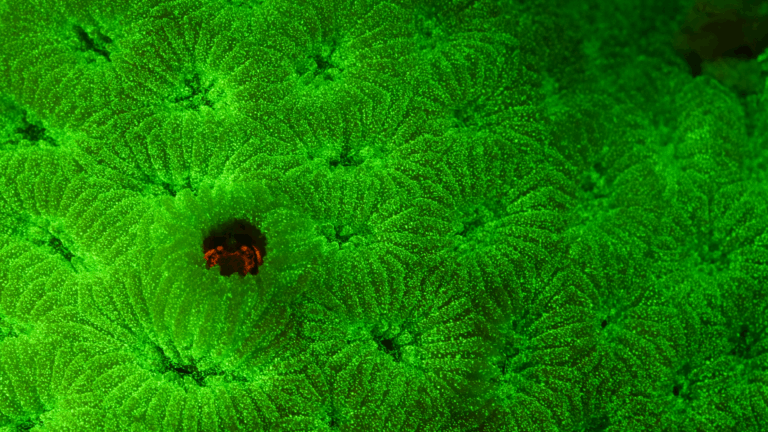
Marine Science
Tiny crabs glow to stay hidden
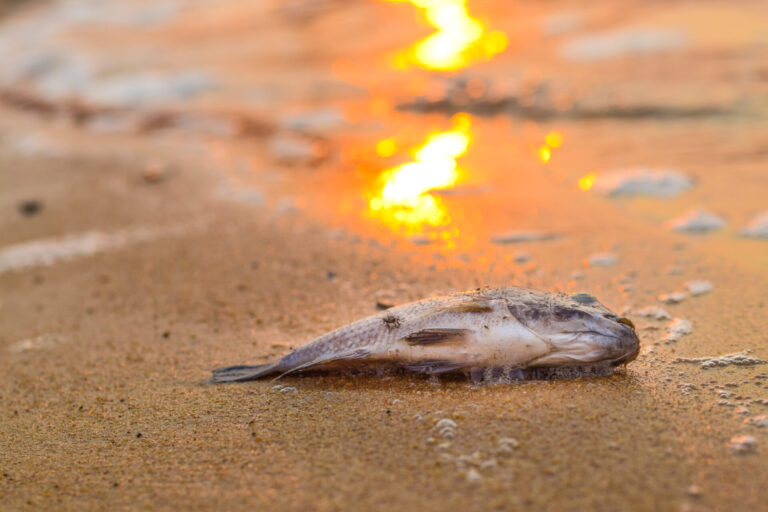
Marine Science
Mass fish deaths linked to extreme marine heatwave in Red Sea
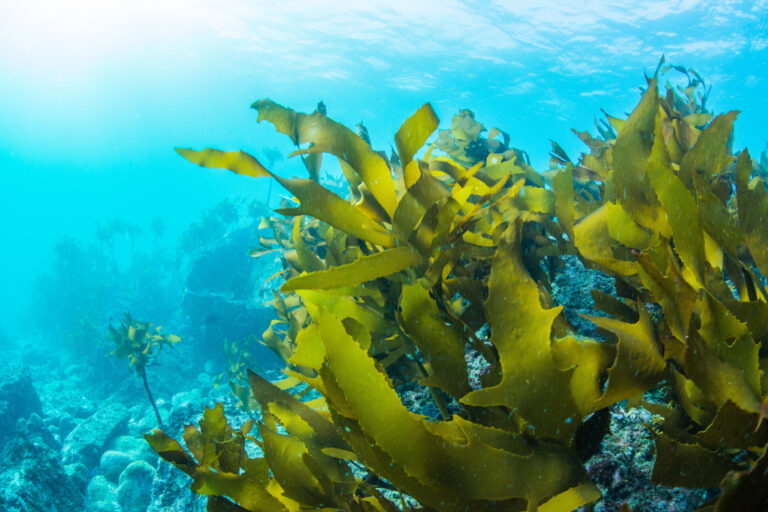
Marine Science




